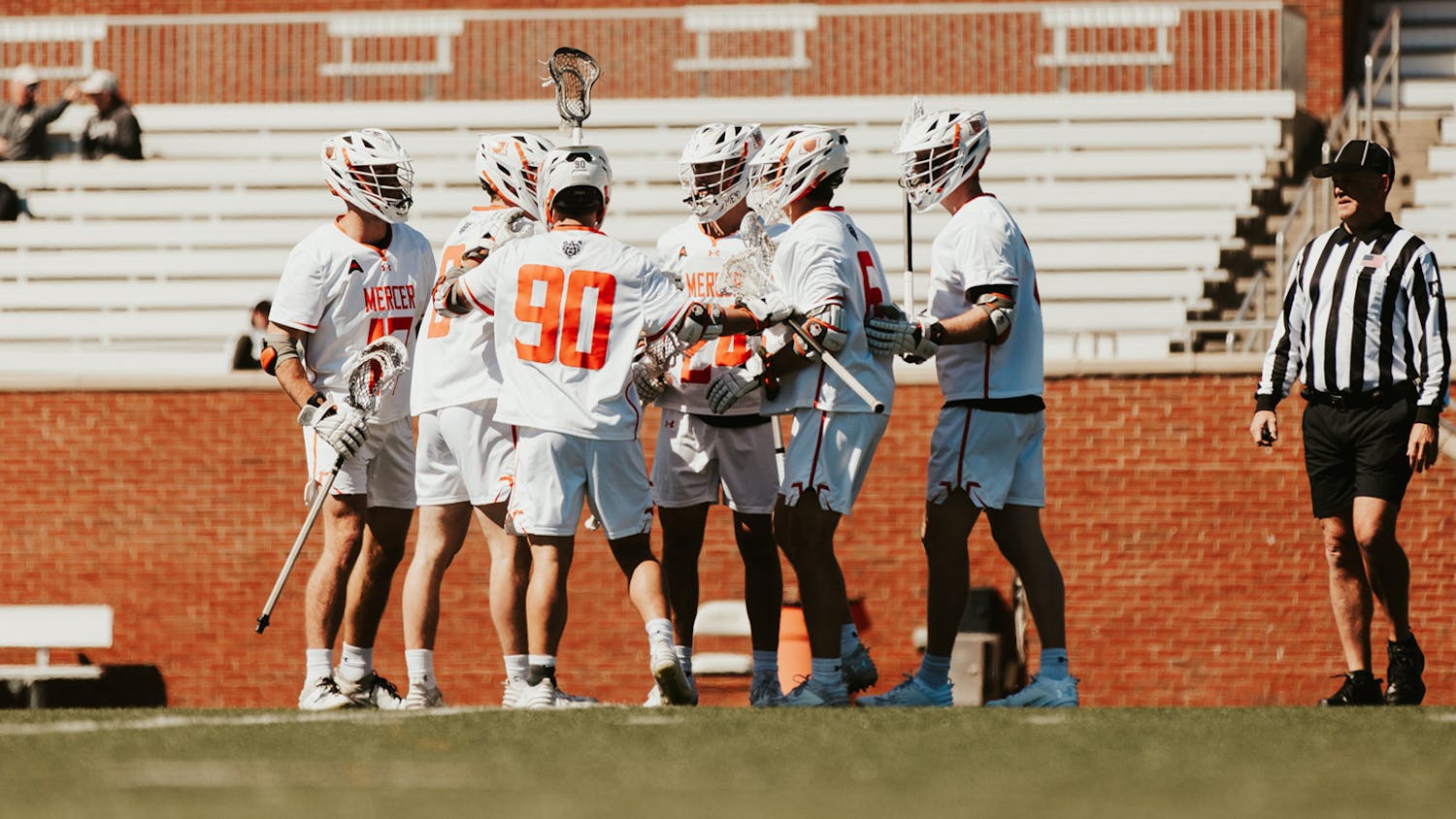Two of our series on some of the “unluckiest” teams in sports takes a step off of the football field and onto the football pitch, but this time I’m referring to futbol, also known as soccer in the US. Last issue we looked at Notre Dame and the constant hype surrounding them in the past decade and the lack of success Notre Dame had on the football field meeting those expectations, let alone ever getting remotely close to exceeding those expectations. This issue I want to look at a similar type of team. I’ll look at a team steeped in history, a tradition for success, and an international fan base, and of course, a team that just can’t seem to ever get the pieces of the puzzle together in the past. To find such a team, a trip to North London is in order, with an end destination of Emirates Stadium, home of the Arsenal Gunners.
Let me start by saying that Arsenal is by no means a club whose trophy chest is barren. In fact, it would be a fair statement to say that, historically, Arsenal has been one of the most successful clubs in the English Premier League. They have collected 13 titles and won a total of 12 English tournaments, but they have lacked a winning tradition as of late. Arsenal did win the league title during the 2003-2004 season, but have yet to win anything since then except the consolation prize that is the English FA Cup.
In fact, Arsenal fans were so desperate to win a title that during the 2010-2011 season, Arsenal’s manager Arsene Wegner decided to field a squad of his best players during the League Cup. The League Cup is a tournament in which most clubs decided to send out their young prospects, teenagers, and give them playing experience; yet Arsenal was so desperate for a trophy that they fielded their squad at full strength. Predictably, they lost in the final to Birmingham City. Let me give you a comparison: that is the equivalent of the New England Patriots making all of its starters play the entire preseason with the hopes of having the best preseason record, but in the end, they still lose to the St. Louis Rams during the last week. In order to explain how Arsenal got to this point, we need to take a step back a few years and explore the causes of mounting frustration for the Gunners.
Arsenal’s most recent successes began in the late 90s with the appointment of Arsene Wegner as manager of Arsenal. The Frenchman changed the style of play at Emirates to a more flowing and creative game type, brought in several foreign players to help implement his new strategy, and the Gunners quickly found success. In fact, during Arsenal’s championship run during the 2003-2004 season, Arsenal never lost a match in all 49 matches that they played that season. Wegner was called genius with his new strategy, and the future looked bright for Arsenal, especially considering the talent they had on their roster. Arsenal never experienced a precipitated fall into the doldrums of underachievement and mediocrity. Instead, it was more like a gradual climb down a slippery slope of the transfer market.
Wegner was always a fan of younger talent, and he preferred buying young players to develop them. This is very important, of course, because Arsenal standouts such as Fabregas and Wilshere are all products of Arsenal’s youth development; however, most people would agree that the root of Arsenal’s current problems is this very transfer strategy. Wegner was the epitome of an excellent business man in the transfer market. Whenever he received a bid from another team that was greater than the player was worth, he’d sell the players and try to find underrated, cheaper players to replace the ones he sold. During the 2006-2007 season, Wegner sold Ashley Cole (to one of Arsenal’s biggest rivals, Chelsea), former Arsenal captain Thierry Henry and Freddie Ljungberg. Many could argue that Ljungberg and Henry were over their peak, and quite possibly they were, but instead of replacing them with players with the potential to play at the level that Ljungberg and Henry played at for several years, Wegner instead opted to fill the void from within. In fact, the only notable signings during this period were Tomas Rosicky and Bacary Sagna (a defensive player). Things progressively got worse for the Gunners during the 2008-2009 season. The aging defense began to show signs of regression, conceding 37 goals, 13 more than third-place team, an issue that clearly needed to be addressed to keep pace with heavyweights such as Chelsea and Manchester United. While Arsenal was able to hold onto fourth place that season, mainly a result of a very prolific season by Emanuel Adebayor and Robin Van Persie, the writing was on the wall for many to be seen. Changes needed to be made along the defensive line, a new goalkeeper found, and better talent bought.
Wegner seemed to address the defensive concern with the signing of Thomas Vermaleen, the Belgium international. Vermaleen, while young, is a very talented player, but one that has had a injury-plagued start to his Arsenal career. Wegner wasn’t done with the transfer market, though. Shockingly, Arsenal then sold Adebayor to rivals Manchester City, even though Adebayor contributed 16 goals to the Arsenal campaign last season. Wegner spotted what seemed a suitable replacement for Adebayor in the Euro 2008 in the form of Russian winger Andrey Arshavin. Arshavin’s first year as a Gunner panned out well, as he finished the season with 12 goals, second on the team. Arsenal finished third, of course a disappointment for a team considered title-worthy, but nonetheless, Wegner promised glory in the future- the team was young and a year of experience was bound to help them develop. The defense seemed to be patched, and Arsenal didn’t seem to suffer too much from the loss of Adebayor, thanks to Arshavin’s standout performance.
Let’s fast-forward to the 2011-2012 season. Arsenal currently sits 13th out of 20 teams, capturing less than 40% of its possible points. Arsenal are without captain Cesc Fabregas, star playmaker Samir Nasri, their star in the making; Jack Wilshere is out injured, Arshavin doesn’t make the starting roster most days because of poor performances, and Arsenal lacks the talent and technique in the midfield to threaten teams with the creative and free-flowing style of play that they developed soon after Wegner’s first appointment. Fabregas and Nasri were let go for very sizable sums of money, but it wasn’t until the last day of the transfer opening that Wegner made a move to purchase replacements for his key players. Of course, Wegner wasn’t able/willing to pay top dollar for the best players available. Instead, Wegner signed a group of quality replacements, (but by no means good enough to replace the quality lost with the departure of Fabregas and Nasri), in an attempt to boost the free-falling squad from Emirates Stadium. The back line gained a significant boost with addition of Per Mertesacker, but preventing teams from scoring won’t be enough to keep Arsenal in the top half of the table, especially when the team is averaging a meager 1.5 goals per game. Arsenal is a shell of the team it once was in the late 90s and early 2000s. Instead, it is a team stripped of its stars with unproven teenagers and half-quality players trying to replace them, all in the name of good business.
So, when is the next time that Wegner will be able to muster a team that is talented en
ough to compete for the Premier League title? Probably not for many years to come. Simply look at Arsenal’s 2-8 loss to Manchester United if you need convincing, or look at the fact that Arsenal is tied for the second to worst goal differential in the Premier League. Yes, it may indeed take a few years to right the ship, much to the chagrin of Gunner fans. Sorry, Arsenal, it looks like the trophy cupboard will be bare for a few more years.




